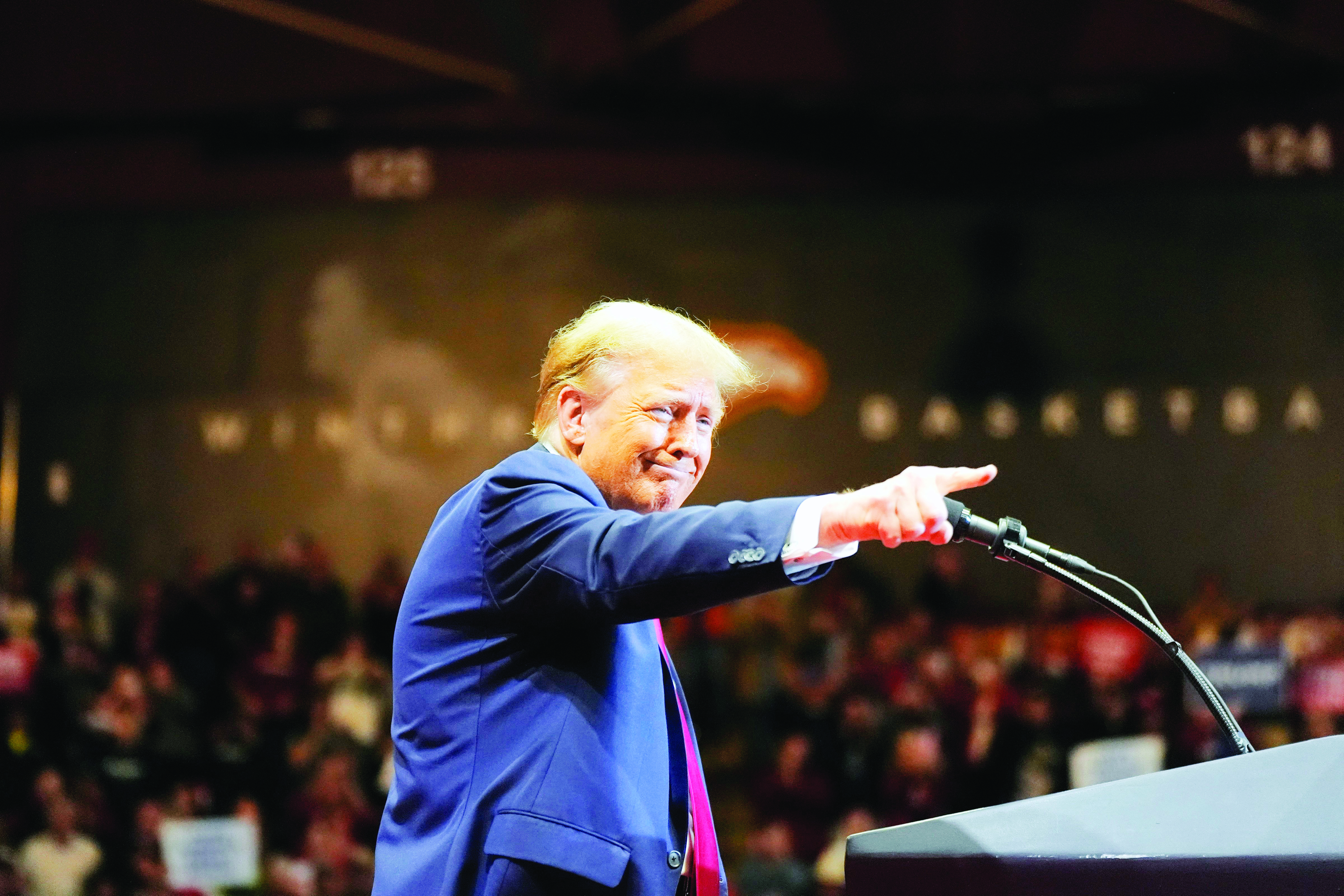Ukraine war: Russia’s Baltic neighbours to create massive border defences

Essex: (The Conversation) With Donald Trump leading in many of the polls for the upcoming US presidential election, his comments about global security and foreign policy have to be taken seriously.
In February, Trump flippantly remarked that he would encourage Russia to do whatever it wanted to Nato states that failed to pay their bills.
In a follow-up interview on GB News this week he warned allies “not to take advantage” of the US.
Nowhere is this causing more concern than for the countries in the Baltic states Lithuania, Latvia and Estonia.
Not only does Trump, sometimes, say he wants to halt all US military aid to Ukraine, but Trump wants to undercut article 5 of Nato’s treaty the principle of collective defence something that has become increasingly important in the wake of Russia’s aggression. British military sources are worried that Trump’s remarks will strengthen Putin’s resolve over Ukraine, and could result in him advancing on even more territory.
Even before Trump emerged on the US political scene, the Baltic countries have been especially concerned about Russia’s growing ambitions.
They have, after all, been invaded and occupied by Russia before, in 1940, and then forced to become part of the Soviet Union.
There’s plenty of people who can still remember life in the Soviet Union.
Since Russia’s annexation of Crimea in 2014, the Baltic states have been the loudest voices sounding the alarm about the existential threat posed by Russia, and all three countries increased their military spending to more than 2 per cent of their GDP, and recently agreed to raise it to 3 per cent.
Amid growing security concerns, the defence ministers in Latvia, Lithuania and Estonia also agreed in January to set up a common Baltic defence zone on their borders with Russia and Belarus. This would
consist of building physical defensive structures such as bunkers.
Estonia will begin construction of 600 bunkers in early 2025.
The nations will also cooperate in developing missile artillery, and ensuring that their equipment, ammunition and manpower is updated.
Estonia has also doubled the size of its territorial defence force to 20,000 people,
while Latvia reintroduced conscription in 2023 after becoming the only Baltic state to stop mandatory military service in 2006.
Latvia also plans to double the size of its armed forces to 61,000 by the year 2032.
Meanwhile, Lithuania has made an agreement with Germany to allow a permanent brigade of 4,800 of its troops to be combat ready on the Russian border by 2027.



